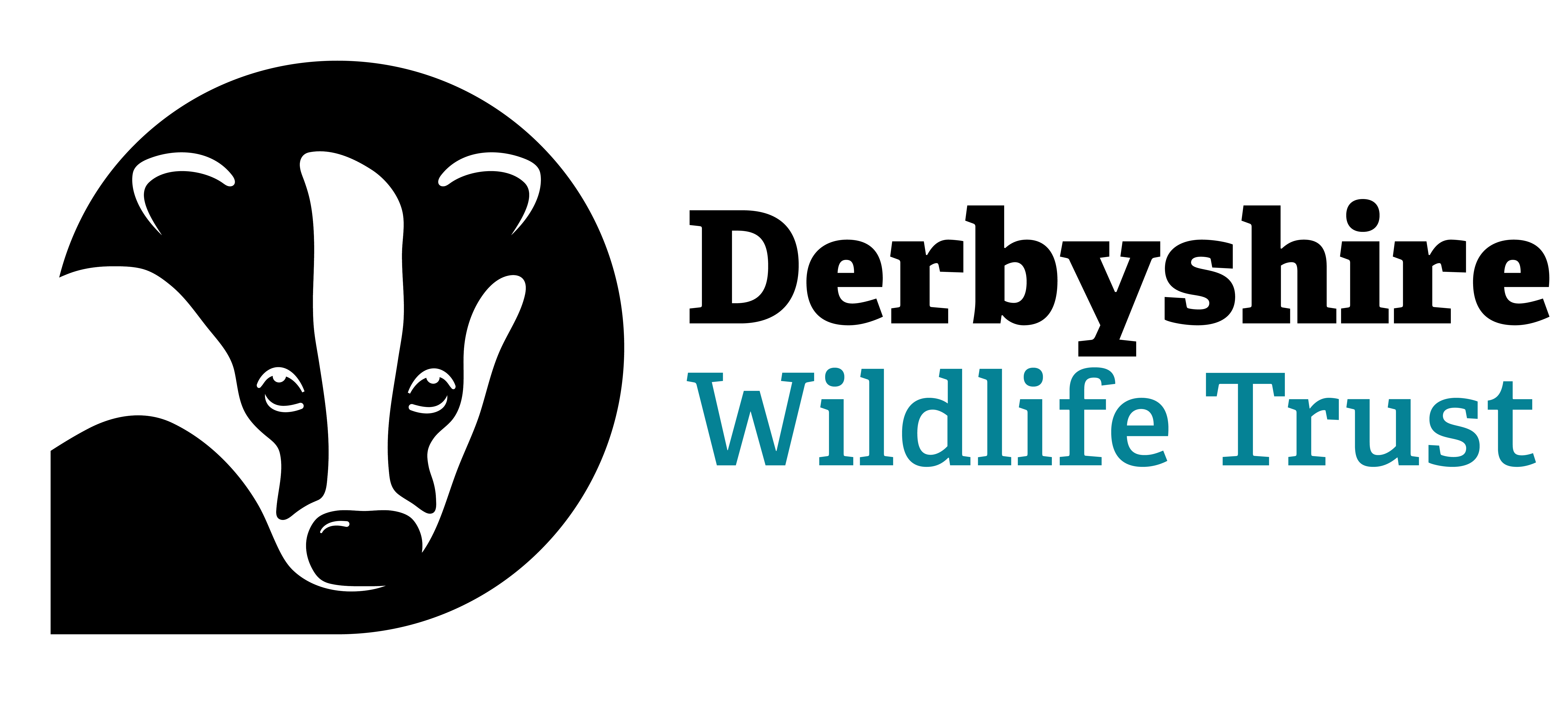Hundreds if not thousands of people have been speculating about the origin and gender of the Bearded Vulture, nicknamed "Vigo", that has been touring the UK for the past few months. Now, thanks to receiving two feathers and undertaking a genetic analysis, the Vulture Conservation Foundation (VCF) finally has the answers!
As the Bearded Vulture does not have any ring, tag or markings, the only way to learn more about the background of the bird was through genetic analysis of a blood sample or feathers. Thanks to two small feathers collected in the Peak District by local Yorkshire birder David Ball, Pro Bartgeier determined that "Vigo" comes from the French Alps, and is a female bird that hatched last year (2019) in a wild nest.
"The VCF and partners have been releasing captive-bred Bearded Vultures in the Alps since 1986, to bring back the species to the region after it was hunted and poisoned to extinction," states José Tavares, Director of the VCF. "Today there are 60+ breeding pairs, in what is considered one of the greatest wildlife comeback stories of our times."
Revealing the origin and identity of the bird was possible because of the extensive genetic data gathered as part of the comprehensive monitoring done by local organizations in the Alps like Asters, Conservatoire d'espaces naturels de Haute-Savoie within the reintroduction project, and that includes collecting feathers at the base of used nests, an initiative coordinated by Stiftung Pro Bartgeier and the VCF.
"The secret for the success of the Bearded Vulture reintroduction projects is to tackle the main threats such as poisoning, collision and shooting, which have been reduced in key areas in the Alps and throughout the range of the Bearded Vulture and other vultures in Europe — however there is always more work to do, hence the importance of ongoing work by VCF and our many partners. Although these birds may encounter multiple threats, and as a result some will be killed, their chance of survival increases with age and many survive to become breeding adults. The mortality records that we receive every week show that threats still exist across the range of vultures in Europe, while the population increases reflect the success of conservation efforts," states Louis Phipps, VCF's Research Officer based in the UK.
"Vigo" is on the move again. Although the bird travelled south from Cambridgeshire on Sunday, and was later seen in Bedfordshire, there is no way of predicting the bird's next movements accurately. However, this is the second time that "Vigo" has given signs of a southwards journey and possible return to the Alps. The first time, the vulture left the Peak District in September after spending almost three months there and headed south, reaching Oxfordshire. Still, instead of crossing the English Channel and returning to the Alps, it made a northern turn and arrived in Norfolk before flying to the Lincolnshire and Cambridgeshire fens. Bearded Vulture vagrancy of young individuals is normal, and typically birds return home after spending a few weeks or months in unusual corners of Europe. Will "Vigo" cross the English Channel this time or will it return to the north of the UK again? Let's hope the vulture has a long future in the wild. To help improve its chances of survival, please share any observations to ibm@4vultures.org to monitor the vulture's condition and state of health and act, if intervention is necessary.
“It was a once in a lifetime chance to see the magnificent Bearded Vulture that spent the whole summer in the Peak District in England. It brought a lot of joy to the tens of thousands of people who saw it and attracted a lot of attention from across the whole of the UK. Many people really developed a strong bond to this bird, which has been so uplifting in these difficult times with the Covid19 pandemic. It has given everyone a glimpse of what a wilder future could look like if we help nature’s recovery where more amazing wildlife can be seen by more people particularly in our National Parks. Its presence in the Peak District also enabled a spotlight to be shone on the serious ongoing problems with illegal persecution of birds of prey within our National Parks,” said Tim Birch, Director of Nature’s Recovery at Derbyshire Wildlife Trust.
Vulture Conservation Foundation
The Vulture Conservation Foundation (VCF) is an international NGO committed to the conservation of European vultures. The VCF has extensive experience in captive breeding, reintroduction and restocking of vultures, and protection and conservation of vultures in their natural habitats, and is involved in many large-scale vulture conservation projects across Europe, from Portugal & Spain to the Alps, and throughout the Balkans to Greece and Cyprus.
Stiftung Pro Bartgeier
Stiftung Pro Bartgeier is the Swiss NGO who is responsible for the Bearded Vulture releases in Switzerland as well as monitoring and conservation actions in Switzerland. Further, Pro Bartgeier initiated the genetic monitoring with a PhD thesis and has ever since coordinated the feather analysis and manages the database. www.beardedvulture.ch
Asters, Conservatoire d'espaces naturels de Haute-Savoie
Asters is a French NGO that manages nature reserves and coordinates conservation actions about the Bearded Vulture in the French Alps. It manages the French Bearded Vulture breeding center and the monitoring actions in the wild. http://www.cen-haute-savoie.org
